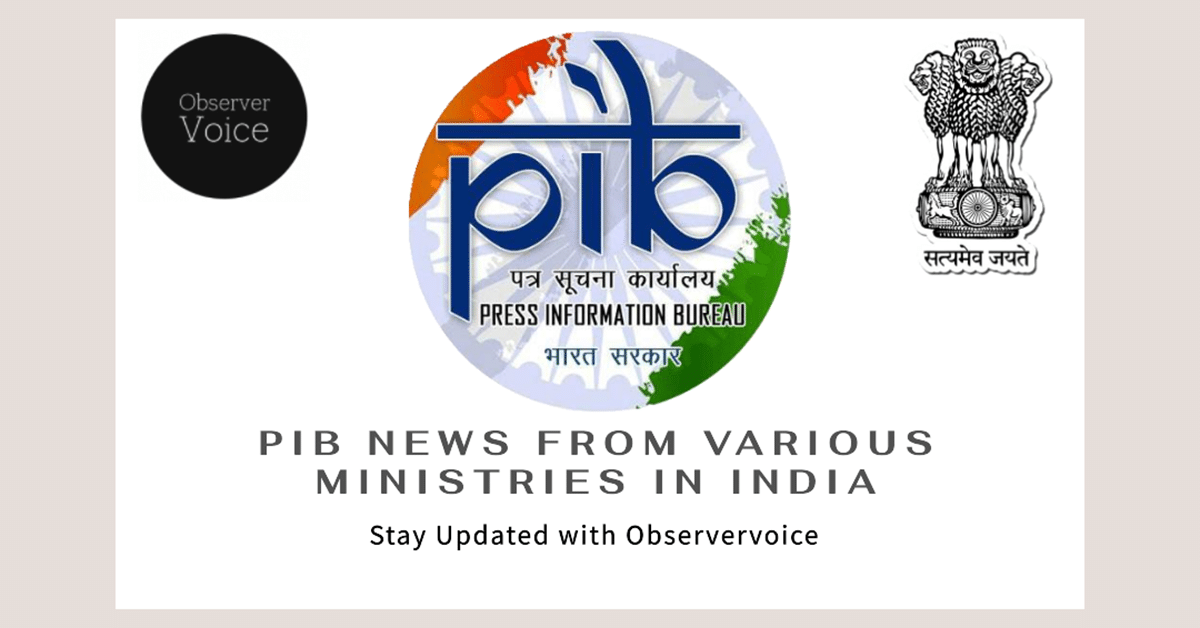Ensuring Food Safety in India: The Role of FSSAI

The Food Safety and Standards Authority of India (FSSAI) plays a crucial role in safeguarding public health by ensuring the safety and quality of food consumed in the country. Established in 2008 under the Food Safety and Standards Act of 2006, FSSAI sets science-based standards for food articles. Its primary mission is to regulate the manufacture, storage, distribution, sale, and import of food products, ensuring that safe and wholesome food is available for human consumption. This article delves into the functions of FSSAI, the legal framework supporting food safety, and the consumer complaints related to food products.
The Functions of FSSAI
FSSAI operates through a network of regional offices and state/union territory offices. Its main functions include regular surveillance, monitoring, and inspection of food products. This includes random sampling of various food items, such as milk, milk products, and baby food. When food samples do not meet safety standards, FSSAI takes penal action against the responsible Food Business Operators. This enforcement is guided by the provisions outlined in the Food Safety and Standards Act, along with its associated rules and regulations.
To enhance food safety, FSSAI has introduced innovative solutions like mobile food testing labs, known as Food Safety on Wheels (FSWs). These labs aim to extend basic testing facilities to remote areas, making it easier for consumers to access safe food. By conducting regular inspections and providing testing facilities, FSSAI ensures that food products meet the required safety standards, thus protecting public health.
Legal Framework for Food Safety
The legal framework surrounding food safety in India is robust. The Food Safety and Standards Act includes specific provisions for penal actions against substandard, misbranded, or unsafe food products. Additionally, the Consumer Protection Act of 2019 strengthens these measures. Sections 90 and 91 of this Act impose penalties for manufacturing, storing, selling, or distributing adulterated or spurious goods. Depending on the severity of the offense, penalties can include imprisonment or fines.
This legal framework is essential for holding food businesses accountable. It ensures that consumers have recourse if they encounter unsafe food products. The FSSAI works closely with various stakeholders, including state governments, to enforce these laws effectively. This collaboration is vital for maintaining high food safety standards across the country.
Consumer Complaints and Redressal Mechanisms
Consumer complaints related to food safety are taken seriously by the FSSAI and consumer commissions. In the past two years, a significant number of complaints have been registered across various states and union territories. For instance, Uttar Pradesh reported the highest number of complaints at 112, followed by Rajasthan with 88 complaints. Overall, a total of 533 complaints were recorded, highlighting the ongoing challenges in ensuring food safety.
The Consumer Protection (Consumer Disputes Redressal Commissions) Rules, 2020, allow consumers to file complaints without any fee if the value of goods or services is up to Rs. 5,00,000. The introduction of the E-daakhil portal facilitates online filing of complaints, making the process more accessible. Additionally, video conferencing facilities have been established for hearings at both national and state levels, ensuring that consumers can seek redressal conveniently.
Ensuring Timely Justice for Consumers
The Consumer Protection Act emphasizes the need for timely resolution of complaints. According to Section 38 (7), every complaint should be disposed of as quickly as possible. Complaints that do not require analysis or testing of commodities should ideally be resolved within three months. For those that do require testing, the timeframe extends to five months. This focus on expediency is crucial for maintaining consumer trust in the food safety system.
Moreover, the Act stipulates that consumer commissions should not grant adjournments unless there is a valid reason. This provision aims to prevent unnecessary delays in the resolution process. The commitment to speedy justice reflects the government’s dedication to protecting consumer rights and ensuring food safety.
In conclusion, the FSSAI plays a vital role in ensuring food safety in India. Through its regulatory functions, legal framework, and consumer complaint mechanisms, it strives to provide safe and wholesome food to the public. As the landscape of food safety continues to evolve, FSSAI remains committed to adapting and improving its processes to meet the needs of consumers.
Observer Voice is the one stop site for National, International news, Sports, Editor’s Choice, Art/culture contents, Quotes and much more. We also cover historical contents. Historical contents includes World History, Indian History, and what happened today. The website also covers Entertainment across the India and World.

